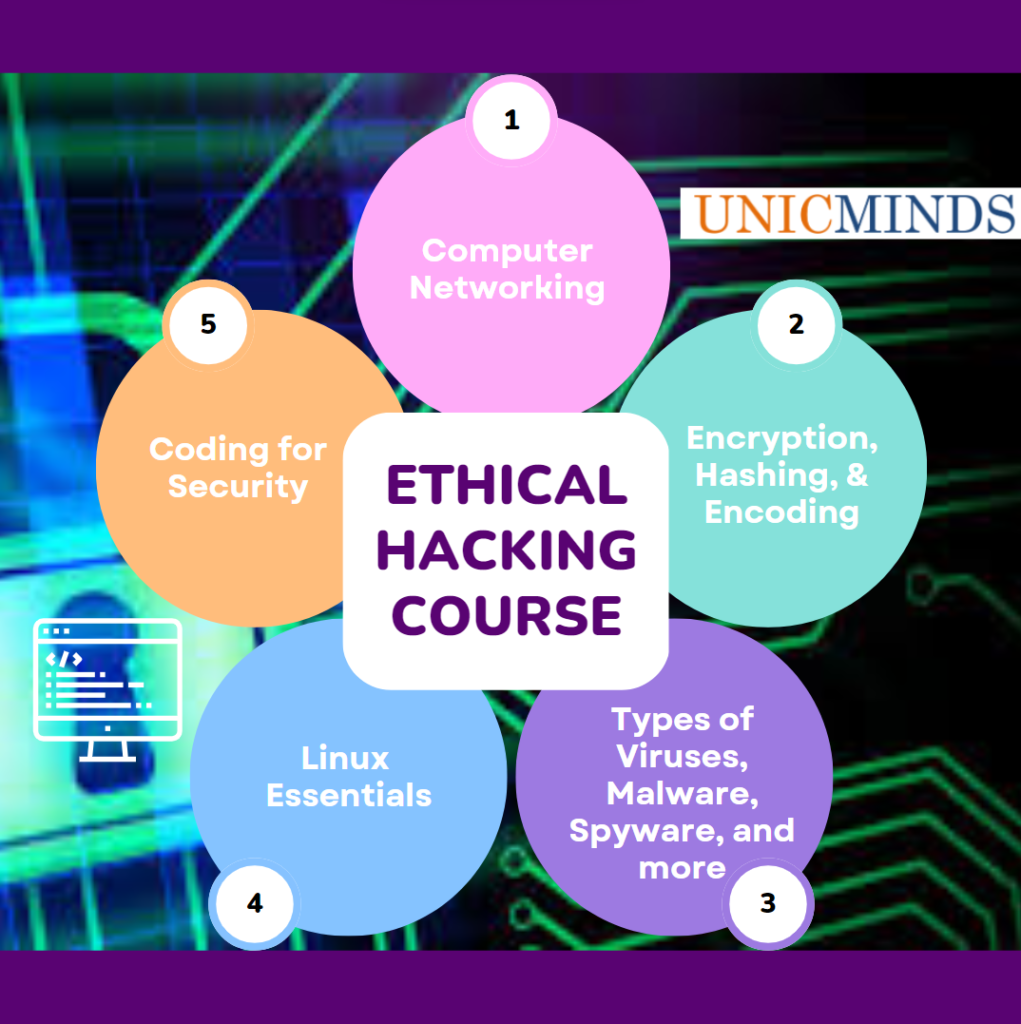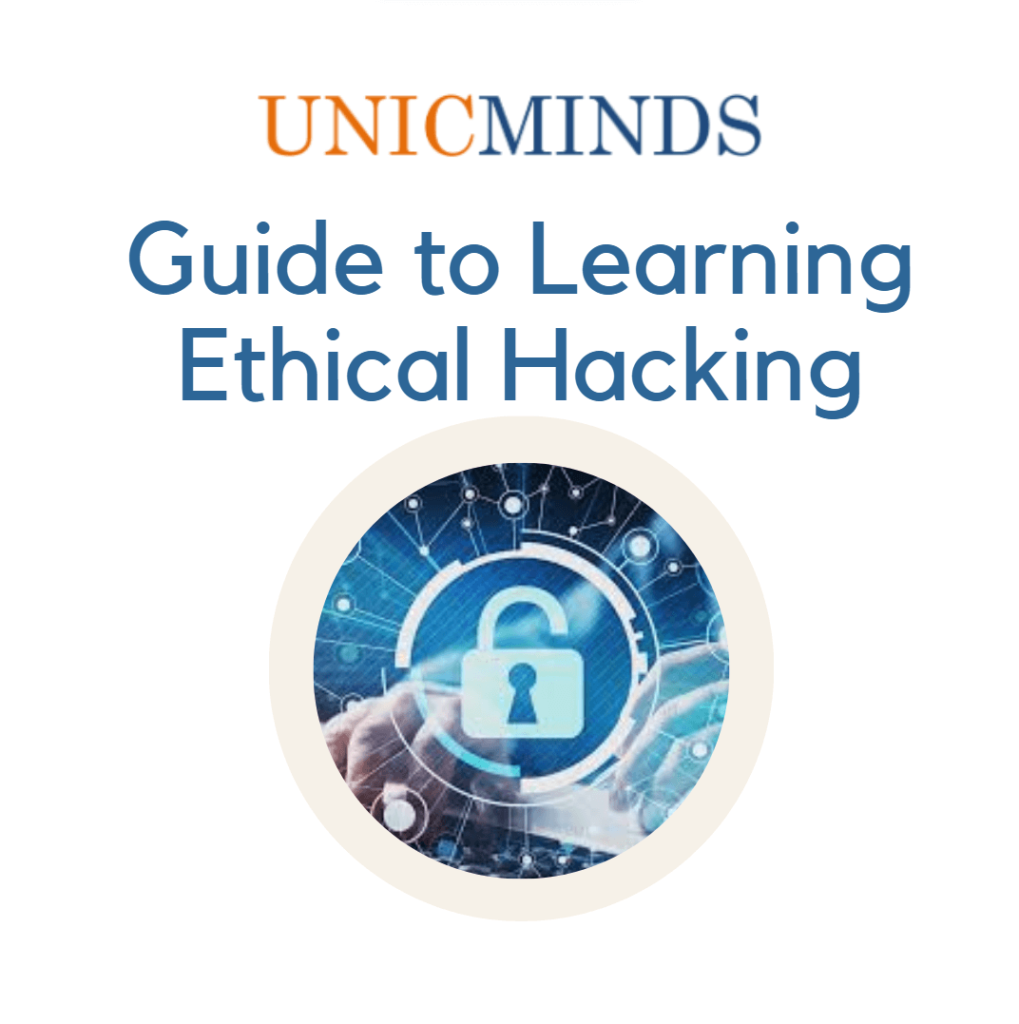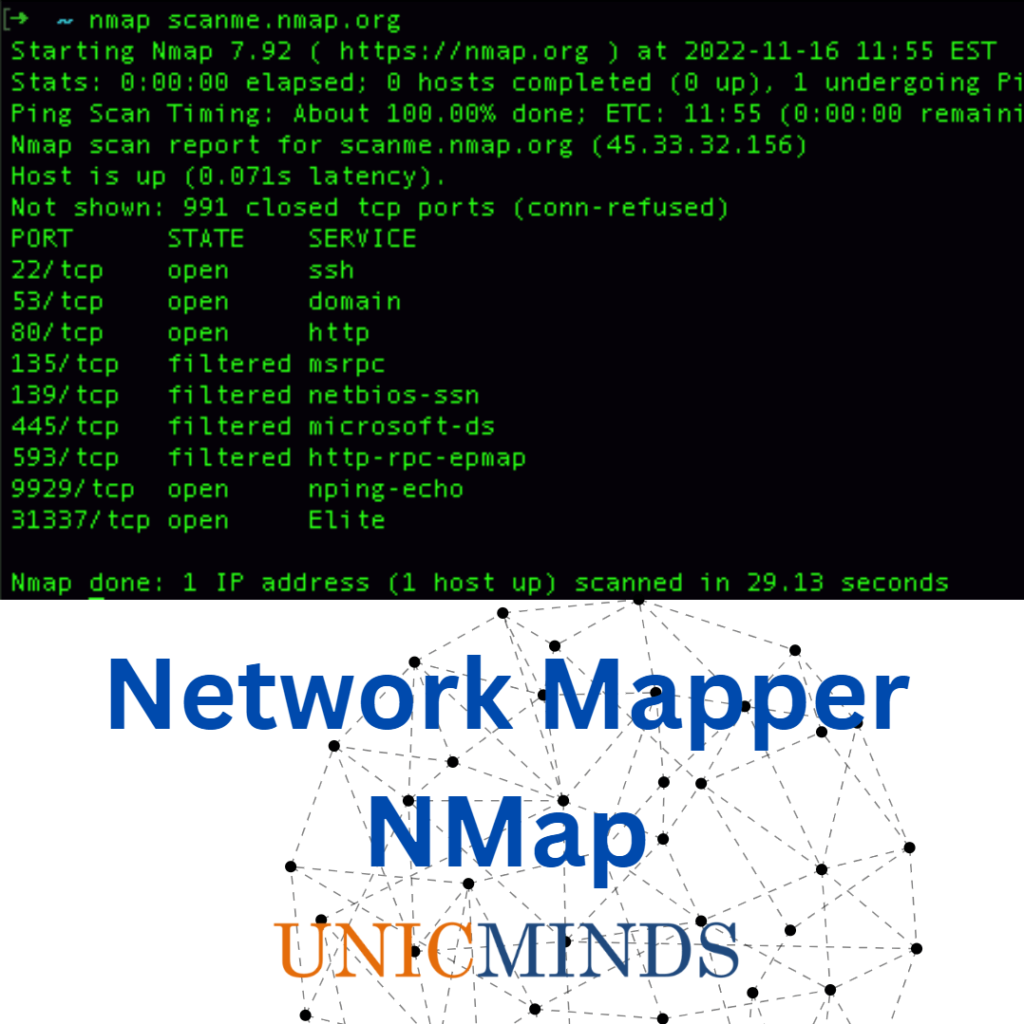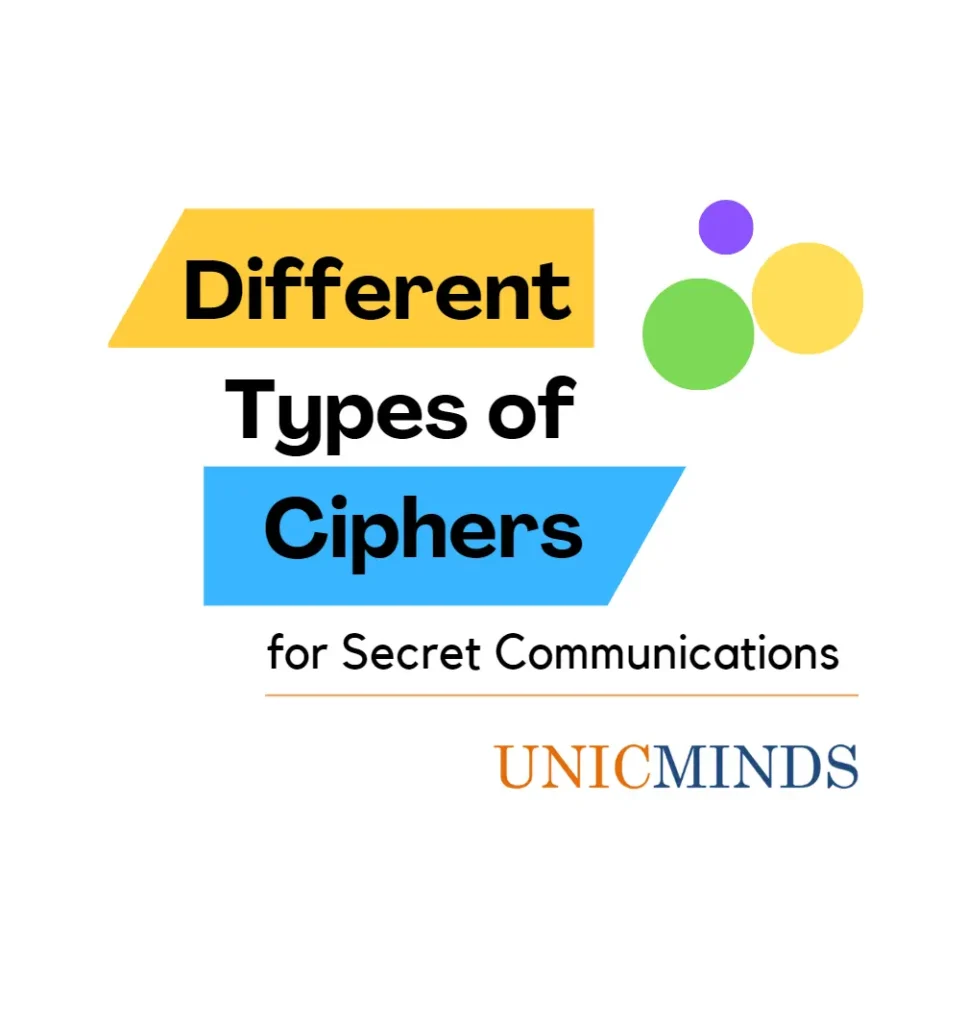According to a study published by Common Sense Media, approximately 53% of children use a smartphone by age 11. The study also found that children between the ages of 8 to 12 years old spend around five hours per day in front of a screen. Today, children are spending more and more time unsupervised in front of the internet. Do not worry, there is more good on the internet than bad, and most children will use only the good with all the good parenting. But, youngsters can also be susceptible to behaviour that can be targeted by hackers to extract important information such as passwords, data files, and more. So, it is important for juniors to have the awareness and sensitivity about hacking and how to protect oneself from hackers.
At UnicMinds, we provide a state-of-the-art course in “Ethical Hacking & CyberSecurity for Juniors” to serve just this purpose. Youngsters who took this course have thoroughly enjoyed themselves and were positively surprised by how many ways a system could be hacked by top-notch hackers around the world today. The course significantly adds to their knowledge in computer-science and computer-security. They’ll learn about everything from a LAN and malware and spyware to encryption and Kali Linux.
For example, children will learn the basics of computer networks and how to understand how my computer network works and is connected. Children will learn the various types of encryption, hashing, and encoding involved in various things that they do everyday like sending a mail or entering login credentials on a website. They’ll learn about the different types of viruses that hackers write and what kind of forms are viruses and malware injected in a target computer. For example, they’ll learn about the different types of viruses such as – Boot sector infectors, executable infectors, multipartite virus, TSR virus, Stealth virus, Encrypted virus, polymorphic virus, and macro virus. They’ll learn about different types of attacks such as Web Cookie Attacks, SQL Injections, Penetration Testing, Cross-site Scripting, Trojan File Naming, Juicejacking, Radio Wave & ElectroMagnetic Attacks, and more.
Children will get exposed to the basics of Linux operating system and file system; they’ll learn about the various commands in Linux and how to install and uninstall packages in Linux. They’ll learn about the basics of virtual machines and create simulations using virtual machines. Overall, this course will help them complement their computer-science knowledge in a differing and significant way to what they’re learning in coding and basic computer science at school. Learn more about the Ethical Hacking for Juniors course curriculum at UnicMinds Coding Classes.
Meet a 12 year old ethical hacker and cyber ninja, Rueben Paul, for some insights and how he views security today.
Hope this is useful, thank you.
If you’re looking to improve the overall cyber knowledge of your kids and help them understand ethical hacking and information security, you can book a free trial class in Ethical Hacking and Cyber Security for Teenagers here.
You may like to read: Introduction to Encoding and ASCII vs. UTF, How to make a character jump in Scratch, & How Coding & Math are Complementary?




